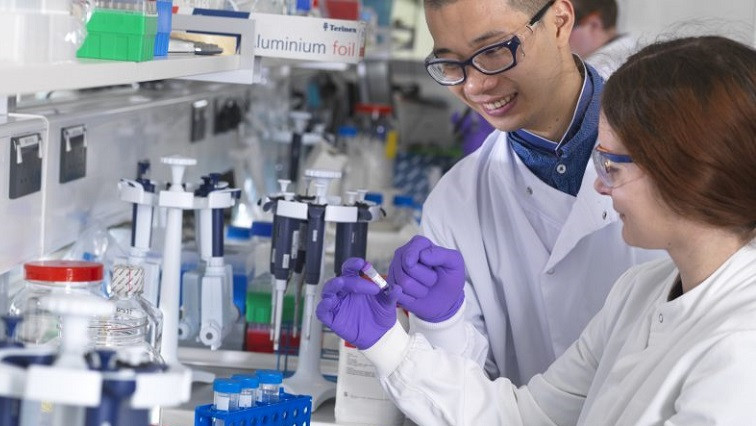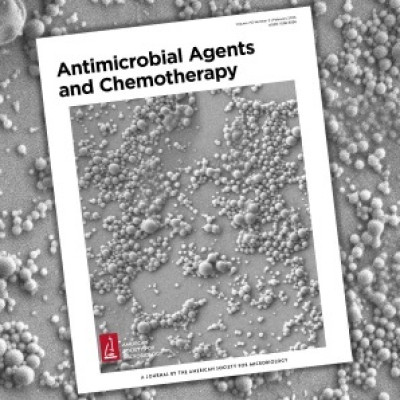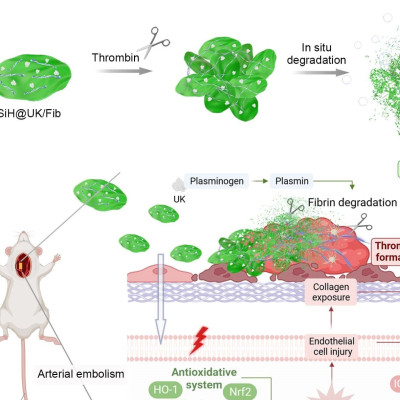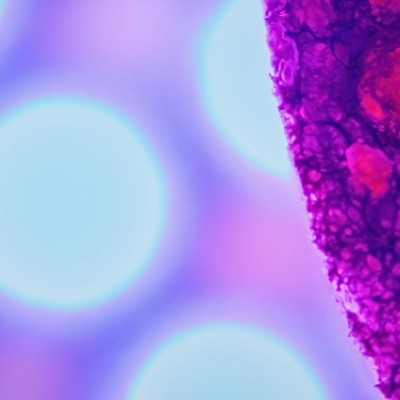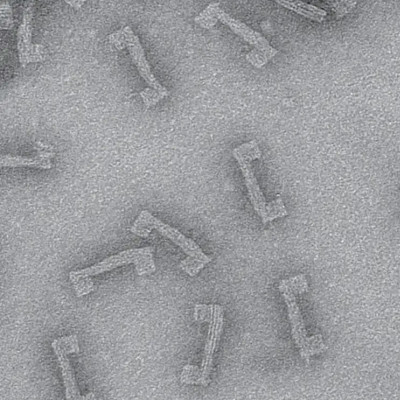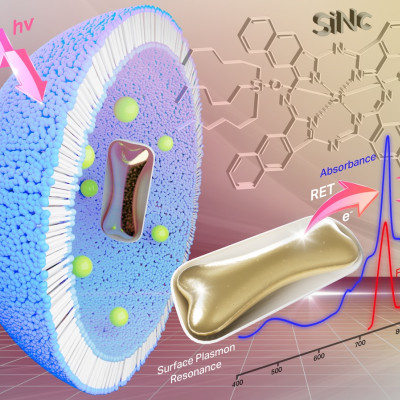The team from Protein Production UK have already made these nanobodies, which bind with high affinity to the 'spike' protein, available to researchers at The University of Oxford. They will be making these important research tools widely available to other research groups around the world.
Nanobodies are antibodies found in camelids (llamas, alpacas and camels), which are much smaller than human antibodies. Their high stability, small structure, and specificity makes them ideal for the purification and stabilization of proteins and protein structures, prior to imaging.
The team at The Franklin are targeting their work at a protein which sits on the outside of the SARS-CoV-2 viral particle known as the 'spike', which binds to human cells during an infection. This protein has a specific area - the receptor binding domain (RBD) - which is responsible for this binding action. The protein is a major target in COVID-19 research, as it plays a pivotal role in infection and may be a strong target for future vaccines and therapies.
Nanobodies can stabilize the 'spike' to enable better imaging at the atomic scale, using advanced imaging techniques including cryo-electron microscopy (cryo-EM). The nanobodies also enable the RBD to be stabilized bound to its target, helping researchers better understand how it behaves in the body, and how it might interact with new drugs.
The team are also investigating whether the nanobodies they identify, or therapies derived from them, could be used to create highly specific 'blockers', which could contribute to treatments for COVID-19, by preventing the SARS-CoV-2 virus from binding to human cells and causing infection. There is also potential in nanobodies for diagnostics, creating highly efficient and quick tests.
Identifying which nanobodies have 'binding' and which have 'binding and neutralizing' actions is a key next step for the group, and one which will see them search for a wider range of nanobodies, and compare their action to human antibodies derived from patient samples.
Professor Ray Owens, who leads Protein Production UK for The Franklin, says: "There is an unprecedented level of team-work and collaboration globally to image, understand, and treat COVID-19. We are working with colleagues at the University of Oxford to use the nanobodies developed here at The Franklin, to gain insights into the structure of the virus that causes COVID -19".
The Rosalind Franklin Institute is a new national research institute, funded by UK Research and Innovation through the Engineering and Physical Sciences Research Council. Its mission is to develop and apply disruptive new technologies in the physical and engineering sciences to transform the UK's life science research and pharma sector.
Read the original article on Rosalind Franklin Institute.

